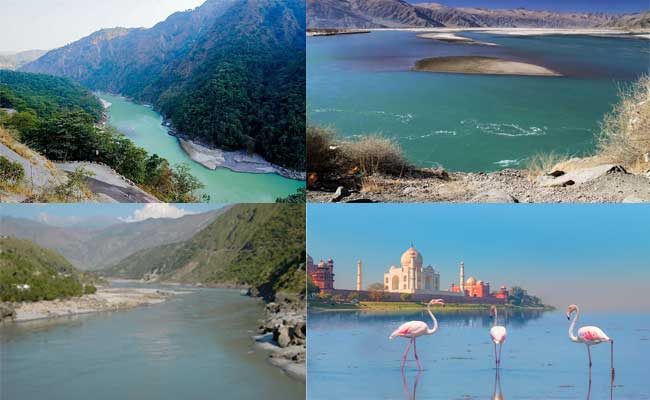Ecotourism: In recent years, the concept of ecotourism has gained significant momentum as travelers around the world are increasingly seeking sustainable and responsible ways to explore the natural wonders of our planet. Ecotourism combines the love for travel with a deep appreciation for the environment, aiming to minimize negative impacts and maximize positive contributions to local ecosystems and communities. In this article, we will delve into the essence of ecotourism, highlighting its benefits and offering insights into how we can become mindful travelers.
Understanding Ecotourism:
Ecotourism, at its core, is about fostering a harmonious relationship between tourism and the environment. It encompasses various principles, such as promoting conservation efforts, supporting local communities, and providing educational experiences. Unlike traditional mass tourism, which often leads to environmental degradation and cultural disruption, ecotourism strives to create a sustainable and balanced experience for both travelers and the destinations they visit.
Preserving Biodiversity:

One of the primary objectives of ecotourism is the preservation of biodiversity. Ecotourism destinations are often selected based on their unique and fragile ecosystems, such as rainforests, coral reefs, or wildlife reserves. By visiting these areas responsibly, tourists contribute to the conservation of these habitats and the protection of endangered species. Moreover, ecotourism can generate revenue for conservation efforts, enabling local communities to actively participate in preserving their natural heritage.
Cultural Immersion and Community Empowerment:
Ecotourism goes beyond environmental preservation; it also aims to foster cultural understanding and empower local communities. When travelers engage with local traditions, crafts, and ways of life, they provide economic opportunities for indigenous communities and contribute to the preservation of their cultural heritage. This exchange between tourists and locals creates a meaningful and authentic travel experience, promoting mutual respect and appreciation.
Minimal Environmental Impact:
One of the fundamental principles of ecotourism is minimizing the environmental footprint of travel activities. This includes using eco-friendly modes of transportation, such as bicycles or electric vehicles, practicing responsible waste management, and supporting accommodations that adopt sustainable practices. Additionally, responsible travelers adhere to guidelines and regulations set by local authorities to ensure the protection of fragile ecosystems and wildlife.
Education and Awareness:

Ecotourism serves as a platform for education and awareness, allowing travelers to gain insights into environmental issues and the importance of conservation. Through guided tours, nature walks, and interactive experiences, visitors learn about the ecosystems they are exploring and the challenges they face. This knowledge can inspire travelers to make sustainable choices even after they return home, promoting a global mindset of environmental stewardship.
Challenges and the Way Forward:
While ecotourism offers numerous benefits, it also faces challenges that require attention. Unregulated tourism, overcrowding, and the exploitation of natural resources are issues that can undermine the principles of ecotourism. To address these challenges, governments, tourism organizations, and travelers themselves must collaborate to develop and implement sustainable tourism practices. This includes creating robust regulations, supporting local communities, and promoting responsible travel behavior through education and awareness campaigns.
Ecotourism presents a compelling opportunity for travelers to connect with the natural world while actively contributing to its preservation. By adopting sustainable practices, supporting local communities, and embracing cultural diversity, we can embark on a journey that enriches our lives while safeguarding the planet. As responsible travelers, it is our collective responsibility to prioritize the long-term well-being of both the environment and the communities we encounter along the way. Let us embark on this sustainable pathway to travel and preserve the beauty of our world for generations to come.
Read Also: Camping
![]()






One thought on “Ecotourism”